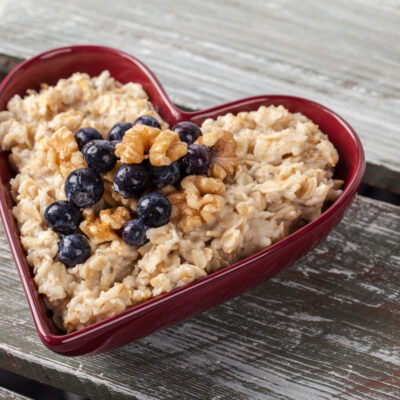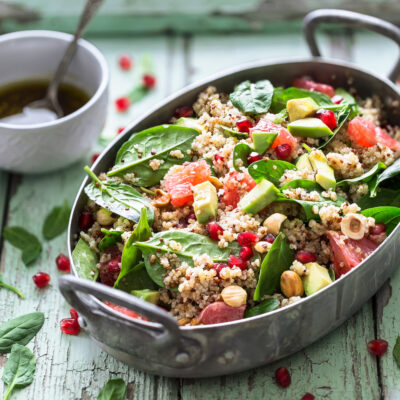
Natural Treatments For Ulcerative Colitis
Inflammation of the colon and damage to the rectum are typical symptoms of ulcerative colitis. Bloody stools because of rectal bleeding, abdominal pain, diarrhea, and anemia are other risks of this common health condition. This condition worsens at times and is in remission alternatively, but it also affects routine life and relationships over time, which can be overwhelming. A cure is still elusive for ulcerative colitis, but lifestyle changes can help manage this condition by preventing or reducing the frequency of flare-ups. If you are already in consultation with a doctor and are on conventional treatment like medication, you could additionally consider the following lifestyle changes to manage ulcerative colitis:
- Eat smaller meals to aid the digestive process. This way, energy will be released in a sustained manner and the loss of energy will be minimal. Also, the symptoms of diarrhea, nausea, abdominal cramps, and fatigue can be curtailed.
- It has been widely observed that certain foods might exacerbate the symptoms during a flare-up. Avoiding these improves the symptoms, and maintaining a food journal helps do this. In the journal, note down what foods intensify the symptoms and how you can replace them.
- We have been taught from a young age that fresh fruits and vegetables, whole grains, cereals, and nuts provide essential nutrients for the body. However, these foods are rich in fiber and might also overburden the large intestine and trigger the symptoms of ulcerative colitis. Try including these in small portions and different forms. You can sauté, puree, roast, or steam these fully to gain nutrition without aggravating the symptoms.
- Some people suffering from ulcerative colitis tend to be intolerant toward lactose and gluten, so these can be replaced with soy products and nut cream or nut milk. Instead of milk, cheese, cream, butter, and ice cream, substitutes like almond and coconut milk, peanut butter, and healthy omega-3 rich fats like olive oil or avocado can provide almost the same nutrition. It is best to refrain from having wheat, barley, rye, malt, and brewer’s yeast in any form as they cause gastrointestinal issues like diarrhea, gas, and abdominal pain. Instead, opt for amaranth, corn, millet, almond meal, potatoes, quinoa, and sorghum.
- Probiotics like natural yogurt and kefir support easy digestion and help balance the number of beneficial gut bacteria, along with boosting immunity.
- Alcohol, spicy foods, and caffeine in all forms can irritate the lining of the gut and result in inflammation. It is best for ulcerative colitis patients to avoid them.
- Stress management is extremely important for people with digestive issues as a stressed mind also affects the digestion process. For people with ulcerative colitis, the stomach is a sensitive part of the body. When the symptoms flare up, it can upset the mind and cause depression. This, in turn, will prevent effective digestion. One leads to the other, so quieting the mind and relaxing the body is a vital lifestyle change to manage ulcerative colitis, and yoga, meditation, swimming, and walking are all appropriate ways to deal with stress.


